Research
September 1, 2007
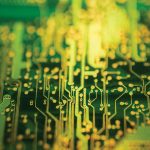
$1 billion for research
Word came in August that the University of Washington finally had hit an elusive target—last fiscal year, more than one billion dollars in research funding poured into the University.
June 1, 2007
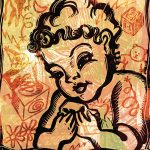
Toddlers take a cue
For the first time, UW researchers have confirmed that toddlers engage in “emotional eavesdropping”—changing their own behavior in response to an emotional exchange that does not involve them.
March 1, 2007
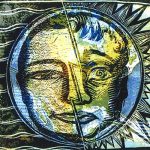
Immigrant mental health
Immigrants from Asia have lower rates of psychiatric disorders than American-born Asians and other native-born Americans, according to the first national epidemiological survey of Asian Americans in the United States.
Burial at sea
Some people will go to great lengths to obtain a dead whale. That includes David Duggins, supervisor of marine operations at the UW's Friday Harbor Laboratories.
December 1, 2006
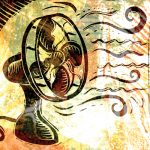
Cool idea
University of Washington researchers have succeeded in building a cooling device tiny enough to fit on a computer chip.
June 1, 2006
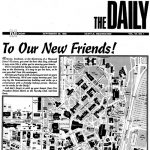
Funny papers
A map in The Daily seemed to be a helpful aid for campus newcomers. But those who followed it soon found themselves hopelessly lost—and miles from their intended destinations.
March 1, 2006
Mating dance
Scientists have been able to link skillful dancing to established measures of human desirability and attractiveness.
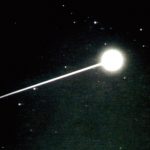
2.88 billion-mile journey
After traveling 2.88 billion miles over nearly seven years, NASA's Stardust capsule landed in the Utah desert on Jan. 15, bringing back comet samples that could help explain the origins of the solar system.
December 1, 2005

$33 billion risk
A UW Bothell business professor says that the Puget Sound region could suffer $33 billion in property damage and economic losses following a magnitude 6.7 earthquake along the Seattle Fault.
September 1, 2005

After the fallout
The world looks to Scott Davis, chair of the UW epidemiology department, for many of the answers.
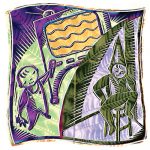
Tune toddlers out
The drivers with the “Kill Your Television” bumper stickers may be right—if your child is under 3. In July researchers at the University of Washington announced the results of a study that tracked harmful effects from toddler TV viewing.
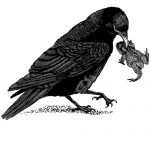
Crow encounters
Oregon may be one of the UW’s archrivals, but anyone who has spent time on the Seattle campus in June will tell you that the crow, not the duck, is the Huskies’ true nemesis.
March 1, 2005

Wake-up call
Can radiation from cellphones damage DNA in our brains? When a UW researcher found disturbing data, funding became tight and one industry leader threatened legal action.
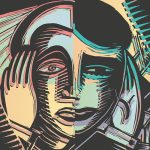
Painful data
It’s bad enough to suffer from migraines, but now there is a correlation with another brain malady. Migraine sufferers are twice as likely to experience a stroke, compared to people who do not get this type of headache, say UW researchers.
December 1, 2003
Airline policy questioned
Injury prevention experts say requiring parents to buy a ticket and bring a safety seat for young children on airplanes could actually result in more deaths.
September 1, 2003
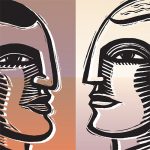
Shooters' bias
A UW experiment using primarily white and Asian college students found that people were more likely to shoot blacks than whites, even when the men were holding a harmless object such as a flashlight rather than a gun.
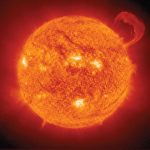
Earth is doomed
"In 7.5 billion years Earth will either be swallowed up or survive only as a scorched planet."
June 1, 2003
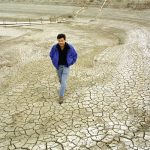
Running on empty
With more people, global warming and thirsty farms, water use in the Pacific Northwest will change drastically, UW faculty members warn.
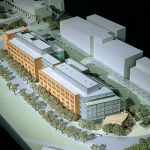
Gates gift for genomics
The University of Washington announced April 24 the largest gift in its 142-year history — $70 million from the Bill & Melinda Gates Foundation to ensure construction of research space for the Department of Genome Sciences and to strengthen programs in global health.
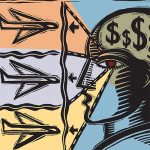
Air fare assistance
Researchers at the UW and the University of Southern California announced a new computer program called Hamlet that predicts the best time to buy an airline ticket.